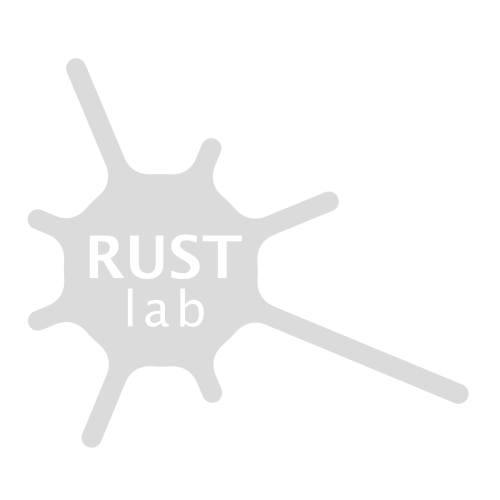Comment by Fabian Pittroff
In January 2023, RUSTlab had the pleasure to virtually host Dr. Basil Wiesse, postdoctoral researcher at KU Eichstätt-Ingolstadt. On a cold and gray Thursday, Wiesse’s talk was transmitted to screens located in Bochum, Kassel, Copenhagen, and maybe even more places. Under the title “Boundary Manipulations” Wiesse stated his concern as twofold: “Investigating Cybersecurity and the Formulation of a Heuristic”. The approach that connects these two concerns is a refreshing one: For Wiesse, research on cybersecurity experts and their discursive practices promises even more than a more in-depth understanding of a specific field. Moreover, there is something to be learned about sociality itself. In a way, cybersecurity experts doing sociology too as they develop and test specific ways of being social and relating to the world. Namely, experimental and mischievous manipulations of borders and confines might be worth a closer look not only as a way of doing cybersecurity but also as a mode of sociotechnical engagement with the world. With this approach, Wiesse not only discussed boundary manipulations as an interesting topic, but also performed some manipulations on the boundary between theory and practice. So, let’s have a closer look!
The field of cybersecurity is rather divers and so are its experts – sometimes they are very academic, in other cases they’re driven by a hacker’s spirit that’s all about “Spaß am Gerät” (fun with devices). It is here, on this continuum, where the titular practices of boundary manipulation are at home. In his field studies, Wiesse focused on the discursive reproduction of these practices through public events like conferences and talks of the cybersecurity community. A rather typical example of boundary manipulation from this world would be a so-called penetration test (or pentest for short) – a simulated attack on a computer system to evaluate the resilience of that system. Here, it is all about breaking through or getting around metaphorical firewalls, ports, or gates. This made me think, as so many hacks have a social engineering component, it could be fascinating to test the boundary manipulation heuristic on a social situation like this. What exactly is (performed as) a boundary in such a situation, and what are possible modes of manipulation?
Wiesse illustrated the more chaotic dimensions of boundary manipulations with a conference talk in with the speakers presented a successful pentest by modifying a “smart” butt plug to function as a door key. This manipulation might not only exemplify some sort of silly hacker humor, but also the rascal approach to misuse (Zweckentfremdung) that is so essential for the broader concept of boundary manipulation. As I understood Wiesse’s proposal, it is precisely this kind of messy misuse that points to specific ways of analyzing and performing the social that is all too unattended in social theory. Sure, it will take more empirical work to test the capabilities of this heuristic, but it already seems like it’ll be fun working with it – and that, if I got this right, is a big part of the project’s appeal.
With its interest in the reflexive dissolution of the purpose of certain boundaries, Wiesse’s project seeks to root itself in a fundamental critique of order. This heuristic wants to steer the researcher’s attention towards the practical employment of instability and disintegration. Instead of obsessing over negentropy (that is, the distance to entropy, noise, randomness, or uncertainty), social theory could attend more to sociological destructivism, to borough Wiesse’s term. With good reason, Wiesse briefly mentioned Michel Serres work in our discussion following his talk. Indeed, Serres might be a fitting companion on this theoretical foray towards the confines of order – not because Serres is all about chaos, but because his thinking is about the relation between order and noise. As part of his Hermes series, Serres writes: “Noise, disorder, and chaos on one side; complexity, arrangement, and distribution on the other. Nothing distinguishes me ontologically from a crystal, a plant, an animal, or the order of the world; we are drifting together toward the noise and the black depths of the universe” (Serres 1982: 83).
